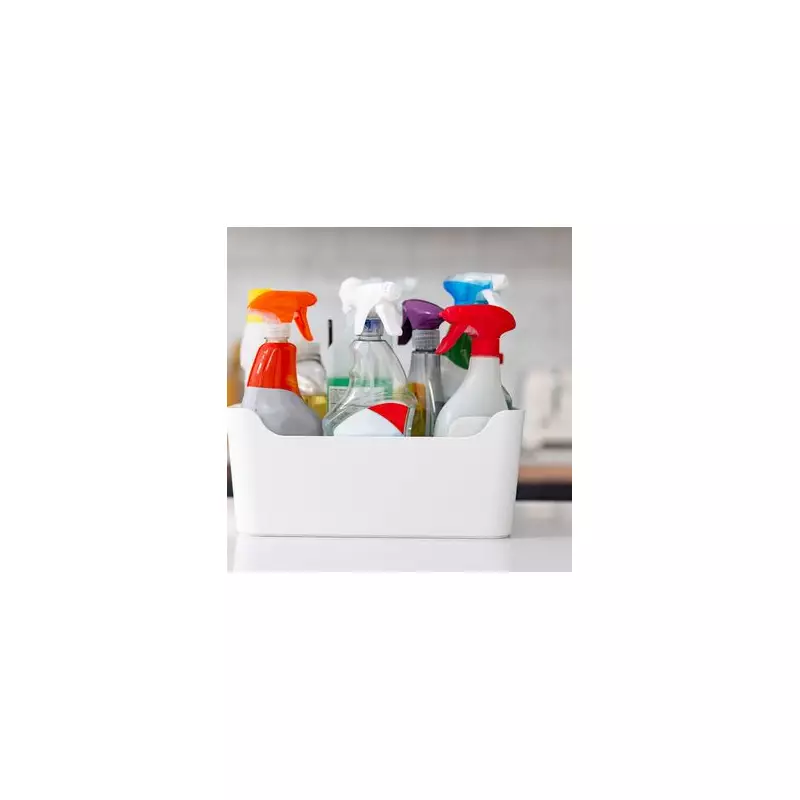
Forget the bathroom—the true epicentre of household grime is likely sitting innocently by your kitchen sink. A startling new investigation has revealed that one common item is a veritable petri dish of bacteria, boasting a germ count that would make your toilet seat blush.
The Hidden Hotspot of Household Bacteria
While most of us diligently scrub our loos, it turns out we're overlooking a far filthier culprit. Researchers swabbed various items in typical UK homes, and the results were nothing short of revolting. The item in question? The humble kitchen sponge.
These seemingly helpful cleaning aids are actually a breeding ground for a terrifying cocktail of germs, including E. coli and faecal bacteria. The warm, damp environment and constant contact with food particles create the perfect storm for microbial life to thrive.
Why Your Sponge is a Germ Factory
The study highlights a brutal irony: the tool we use to clean is often the dirtiest thing in the house. Every wipe across a counter or plate simply transfers millions of bacteria, spreading them around your kitchen instead of eliminating them.
Key factors making your sponge a biohazard:
- Moisture: A perpetually damp sponge is a five-star hotel for bacteria.
- Food residue: Tiny particles of food provide a constant food source for microbes.
- Porosity: The structure of a sponge offers countless hiding places that are impossible to properly clean.
How to Fight Back Against The Grime
Don't despair—there are effective ways to win the war against kitchen germs. Experts recommend ditching the traditional sponge in favour of more hygienic alternatives like silicone scrubbers or brushes, which dry faster and are easier to sanitise.
If you can't part with your sponge, you must be militant about its care. Sanitise it daily by microwaving a wet sponge for two minutes (ensure it has no metal components) or running it through a hot dishwasher cycle. Most importantly, replace it at least once a week without fail.
This shocking revelation serves as a powerful reminder that what's out of sight shouldn't be out of mind. Your kitchen's cleanliness depends on it.





